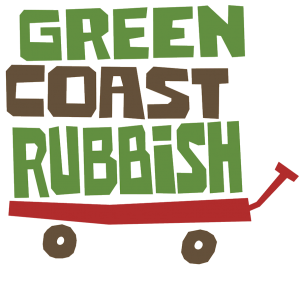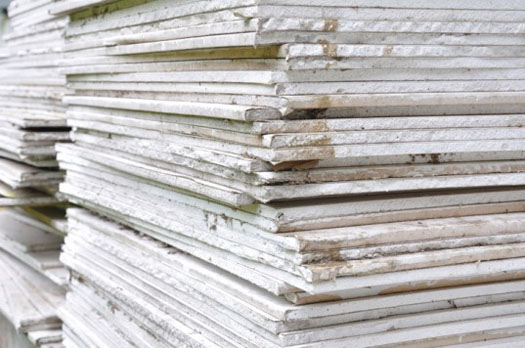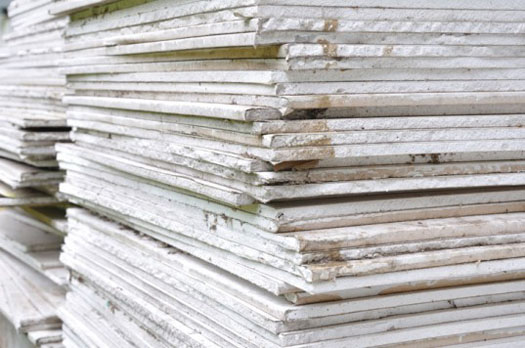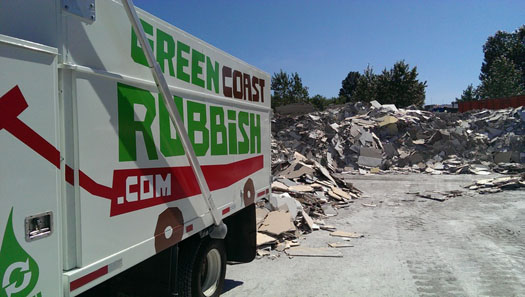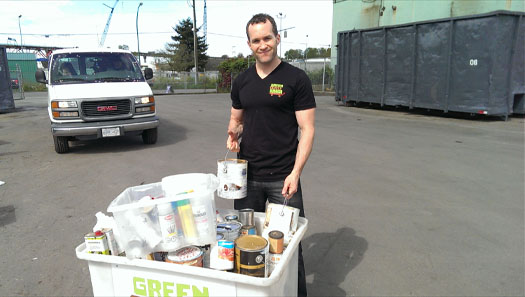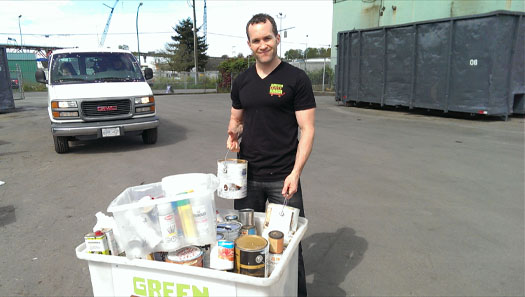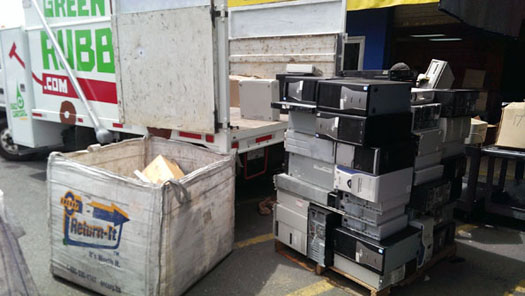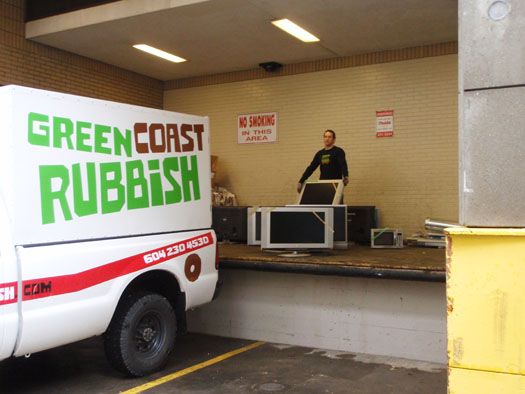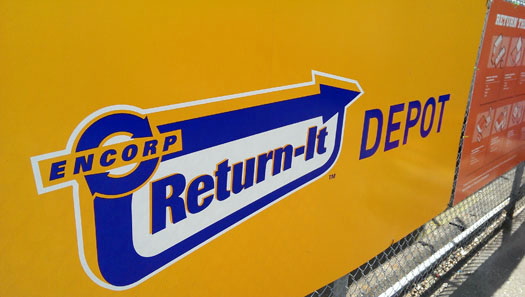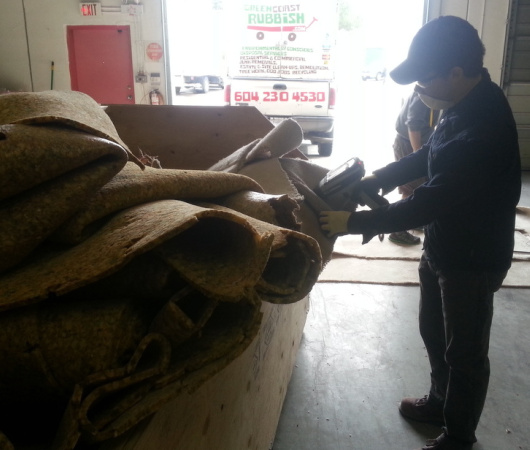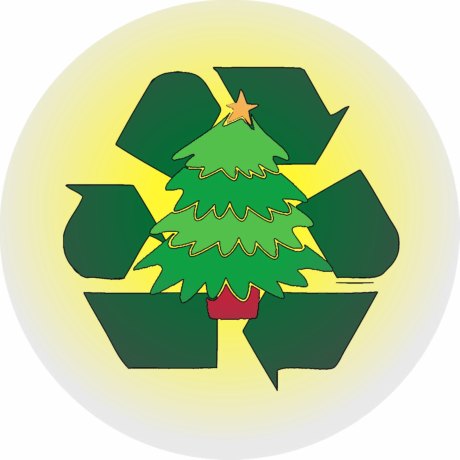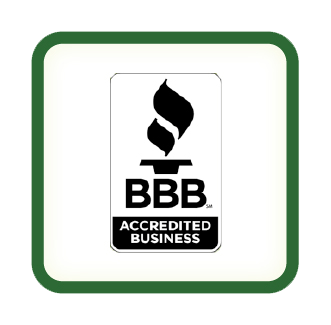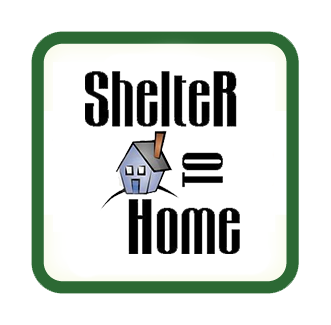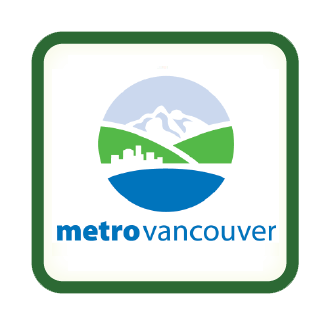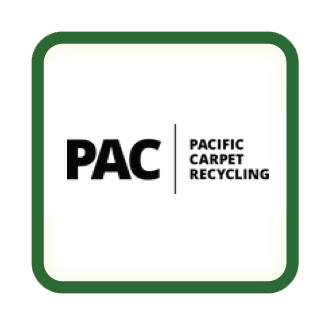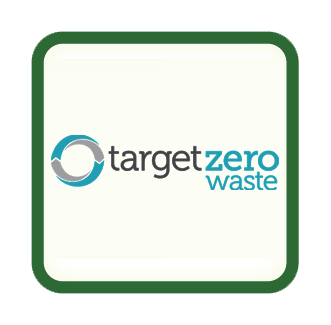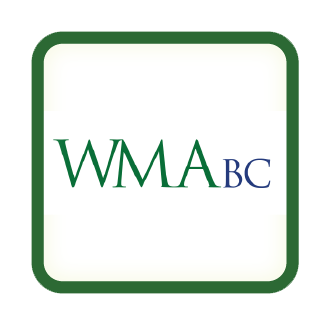Disposal Ban of Organics in Metro Vancouver
Vancouver continues to move toward its goal of becoming the Greenest City by 2020. By imagining solutions and opportunities that can help residents and businesses to more effectively deal with household waste, they get closer every year. It’s estimated that nearly 35-40% of everything that we throw away is food waste; if diverted into a composting system, this adds up to a substantial amount kept out of our landfills. Which is why, starting in 2015, Metro Vancouver will be instating a ban on disposing organics and food waste into regular garbage bins.

There are huge community and environmental benefits to composting. As the food waste breaks down through natural processes, it can create valuable fertilizers that can help to enrich the soil with potassium, nitrogen, and phosphorus. It reduces overall greenhouse gas emissions and lengthens the life of our existing landfills, saving valuable space and local resources.
For some eye-opening stats on the amount of organic waste produced every day, as well for solutions on how to responsibly dispose of compastable waste visit our past blog Getting Serious About Organic Waste Reduction. If you are interested to learn more about the process that your organic waste goes through when it is processed you can check-out Part 2 of our Organic Waste Reduction blog.
Some things that can go into the compost bin:
- Fruit & vegetable scraps
- Eggshells, dairy
- Meat & fish bones
- Teabags
- Coffee filters & grounds
- Breads, pasta, rice
- Food soiled paper products (pizza boxes, napkins, cardboard egg cartons)
- Grass, leaves, weeds, plants
- Cooked food & grease
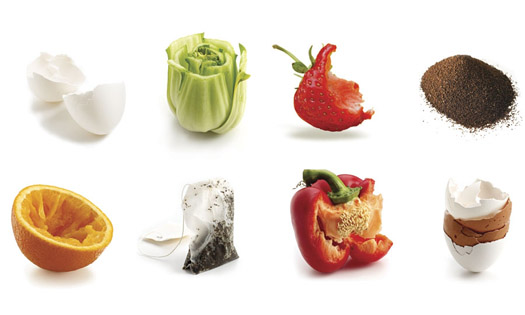
Some prohibited items:
- Any type of plastic (including compostable/biodegradable plastic bags)
- Rocks, soil
- Diapers
- Animal waste
- Wood products & lumber
- Branches bigger than 10 cm (4″) in diameter, and more than 0.5m (1.6ft) in length
These developments are very much in-line with the ideology of Green Coast Rubbish. We’ve seen the evidence firsthand of how much these compostable items can add up – in 2013 alone, we diverted 30.39 tonnes of organic material! By actively working together toward creating composting solutions with Metro Vancouver, we can all contribute to the success of this important program in our communities.
For more information about composting and the upcoming ban on organics, check out the Metro Vancouver website, and the City of Vancouver’s Green Bin Program.
